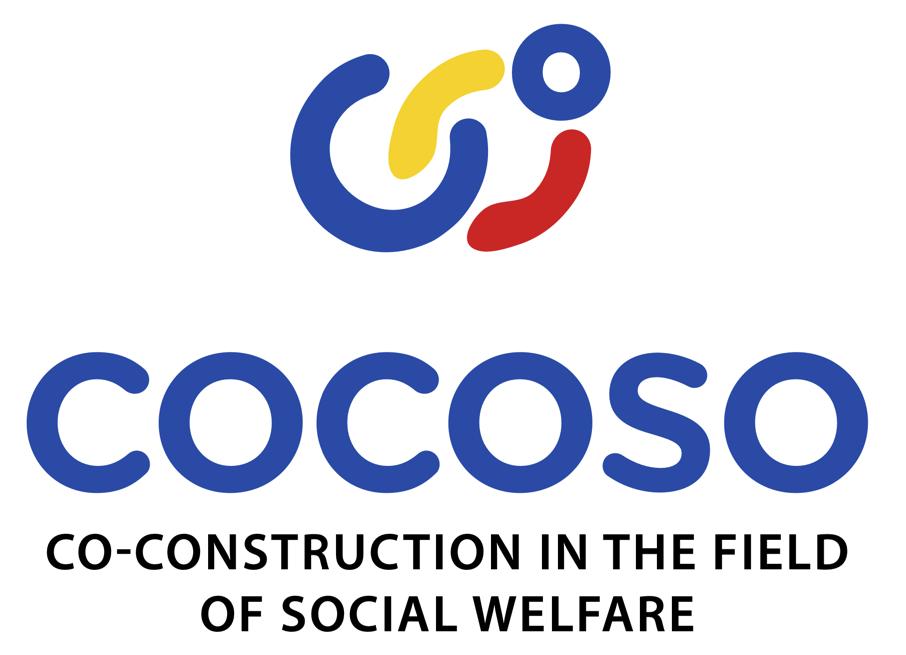WP1 – Develop a common understanding of co-construction
Within WP1, three doctoral students investigate understandings of the notion of co-construction among stakeholders in the field, with the assumption that differences in perceptions need to be understood to bring clarification and make the concept of co-construction operational.

They will compare how perceptions and definitions vary between categories of stakeholders (DC1), over time (DC2), and across countries (DC3). This will lay the groundwork for combining different perspectives on how co-construction can make sense for all citizens involved.
This Work Package aims to :
- Compare understandings of the notion of co-construction
- Lay the ground for combining different perspectives on how co-construction can make sense for all citizens, practitioners, managers and politicians involved
- Critically reflect on and develop existing theories of co-construction rooted in democracy, citizenship and the perspectives of vulnerable groups;
- Make the concept of co-construction operational
- Inform and support policy processes for durable goals and frames for co-construction
It consists of 3 research projects which will be conducted by 3 PhD students.
